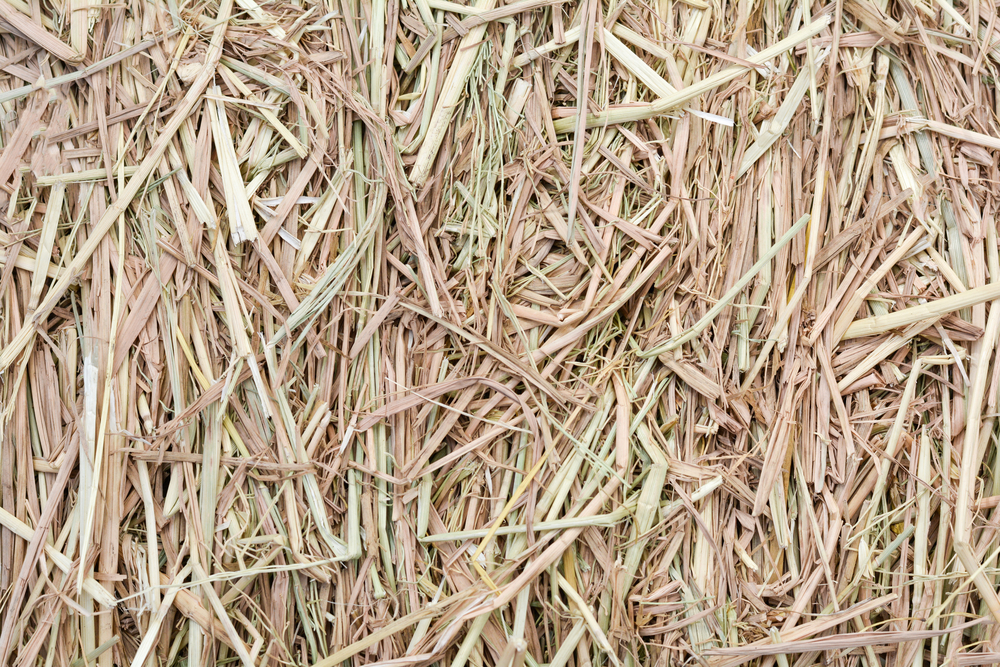The Great Debate: Natural vs. Synthetic Thatch for Your Palapa Roof

Palapa roofs are a hallmark of tropical design, bringing an authentic island vibe to resorts, patios, and backyard escapes. But when it comes to choosing the right material for your palapa roof, a key question arises: natural vs synthetic thatch? This decision isn’t just about aesthetics; it directly impacts the durability, maintenance, and overall experience of your outdoor oasis. Let’s explore the nuances of both options to help you make the best choice.
Understanding Natural and Synthetic Thatch
Before diving into the advantages and disadvantages, it’s important to understand what distinguishes natural thatch from synthetic alternatives.
What Is Natural Thatch?
Natural thatch is crafted from organic materials such as palm leaves, reeds, or grasses. These materials are woven or layered to create a roof covering that is as traditional as it is visually stunning. Popular for its authentic look and eco-friendly appeal, natural thatch has been used for centuries in tropical regions worldwide.
What Is Synthetic Thatch?
Synthetic thatch, on the other hand, is made from engineered materials, typically high-density polyethylene (HDPE) or other durable polymers. Designed to mimic the appearance of natural thatch, synthetic options provide a modern, low-maintenance alternative while retaining a tropical aesthetic.
Natural vs Synthetic Thatch Palapa Roof Comparison
When choosing between natural and synthetic thatch for your palapa roof, there are several factors to consider. Let’s break it down.
1. Aesthetic Appeal
Natural Thatch:
- Natural thatch boasts an unmistakable organic charm that is difficult to replicate. Each piece has unique textures and shades, lending authenticity to any tropical setting.
- Over time, natural thatch develops a weathered patina, which some find adds character but others may see as wear and tear.
Synthetic Thatch:
- Synthetic thatch is designed to look like natural materials, with uniform coloration and textures. Many synthetic options are so well-crafted that they’re nearly indistinguishable from the real thing.
- Unlike natural thatch, synthetic materials do not age or fade as significantly, retaining their fresh appearance for years.
Winner: If you prioritize authenticity, natural thatch takes the lead. For a consistently polished look, synthetic is the better option.
2. Durability and Lifespan
Natural Thatch:
- Natural thatch is susceptible to wear from environmental elements like rain, UV rays, and wind. Its lifespan typically ranges from 3 to 5 years, depending on the quality and maintenance.
- It can attract pests such as birds or insects, which may damage the material over time.
Synthetic Thatch:
- Synthetic thatch is engineered for resilience, with many products offering a lifespan of 20 years or more. It is impervious to pests and highly resistant to UV rays and extreme weather conditions.
- Some synthetic options are designed to be fire-retardant, adding an extra layer of safety.
Winner: Synthetic thatch is the clear choice for long-term durability and resistance to the elements.
3. Maintenance Requirements
Natural Thatch:
- Maintenance for natural thatch involves regular inspections, replacing damaged sections, and ensuring adequate protection from pests. It also needs occasional waterproofing to prolong its life.
- Natural thatch roofs require more frequent upkeep in humid or rainy climates.
Synthetic Thatch:
- Synthetic thatch is virtually maintenance-free. Its materials are resistant to mold, mildew, and pests, eliminating the need for regular treatments.
- Occasional cleaning with water is usually all that’s needed to keep it looking pristine.
Winner: For minimal maintenance, synthetic thatch is the superior option.
4. Eco-Friendliness
Natural Thatch:
- Natural thatch is biodegradable and made from renewable resources, making it an eco-conscious choice. Sourcing from sustainable providers ensures that its environmental impact remains low.
- However, its shorter lifespan and higher maintenance requirements may offset some of its green credentials.
Synthetic Thatch:
- While synthetic thatch is not biodegradable, many manufacturers use recyclable materials and eco-friendly production processes to reduce its environmental footprint.
- Synthetic materials last significantly longer, reducing the need for frequent replacement.
Winner: Natural thatch has an edge for its biodegradability, but synthetic options designed with sustainability in mind offer a compelling alternative.
5. Cost Considerations
Natural Thatch:
- Initial costs for natural thatch are often lower, but ongoing maintenance and eventual replacement can add up over time.
Synthetic Thatch:
- Synthetic thatch has a higher upfront cost but provides excellent long-term value due to its durability and minimal maintenance.
Winner: Synthetic thatch is more cost-effective in the long run, though natural thatch may be better for budget-conscious short-term projects.
6. Weather Performance
Natural Thatch:
- Natural thatch provides excellent ventilation and can keep interiors cool, but it may not withstand heavy rain or strong winds as effectively.
- In areas prone to wildfires, natural thatch poses a greater risk unless treated with fire-retardant chemicals.
Synthetic Thatch:
- Synthetic thatch is designed to perform well in all weather conditions. It’s highly resistant to water, wind, and UV damage, and many products are fire-resistant.
- Modern synthetic materials often include advanced insulation properties, maintaining a comfortable temperature underneath the roof.
Winner: Synthetic thatch offers superior all-weather performance, making it ideal for diverse climates.
Which Is the Best Thatch Material for Palapa Roof Durability?
If durability is your top priority, synthetic thatch is the best choice for your palapa roof. With a lifespan that far exceeds natural thatch and resistance to common wear factors like pests and weather, synthetic options are a long-term investment in quality and peace of mind.
Practical Applications: When to Choose Natural or Synthetic
While the above factors offer a broad comparison, the best material for your palapa roof ultimately depends on your specific needs and preferences.
Go Natural If:
- You prioritize an authentic, organic look.
- You’re building in a location where natural materials are plentiful and affordable.
- You’re willing to commit to regular maintenance for the sake of tradition.
Opt for Synthetic If:
- You value durability and low maintenance.
- You need a fire-retardant or weather-resistant solution.
- You’re looking for a long-term investment that balances aesthetics and functionality.
Final Thoughts
The debate over natural vs synthetic thatch for palapa roofs is a matter of balancing aesthetics, durability, maintenance, and budget. Natural thatch offers unparalleled authenticity and eco-friendliness, making it a popular choice for traditionalists and those seeking a rustic vibe. Synthetic thatch, on the other hand, excels in longevity and practicality, delivering a worry-free tropical aesthetic for decades.
By weighing the pros and cons of each material and considering your specific needs, you can make an informed decision that transforms your palapa into a stunning, functional retreat. Whether you opt for natural or synthetic thatch, your choice will bring a piece of paradise closer to home.
Need All-Inclusive Construction Services Near You?
Here at Palapa Pros-Landscape Construction, we’re here to turn your dream backyard or home improvement project into reality. Whether it’s a custom Palapa, a sleek BBQ island, stunning granite or quartz surfaces, or a full landscaping transformation, we’ve got you covered. Our skilled team brings quality, elegance, and a touch of fun to every project—big or small. Ready to create the perfect outdoor living space or upgrade your kitchen or bathroom? Reach out to us today, and let’s start designing something amazing together. We stand behind every job with pride and integrity!
